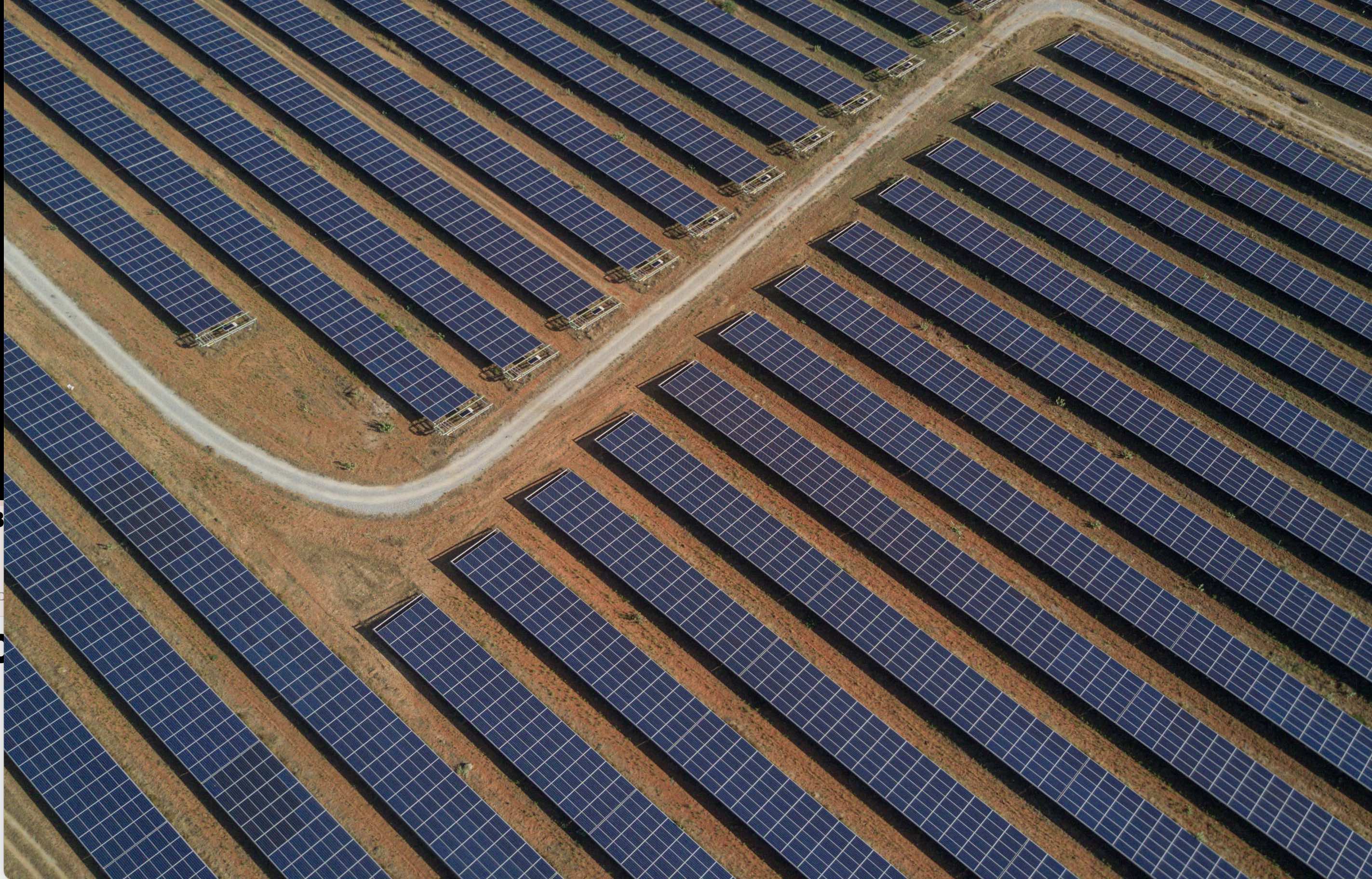ARTICLE
Transition finance: How private markets accelerate the green shift

Bloomberg Professional Services
Transition finance is playing an increasingly pivotal role in driving sustainability across the global economy. As investors, corporations, and policymakers recognize the importance of sustainable development, in what ways can private markets impact and expedite the green transition?
“We’re seeing the rewiring of the global economy [around sustainability] at the moment, and unlike the software revolution that we’ve just gone through, this is very much around infrastructure [and] capital-intensive change,” says Daniel Hanna, Group Head of Sustainable and Transition Finance at Barclays. “It’s about building things, and it is going to require $3.8 trillion of capital each year in terms of investment.”
Defining and advancing transition finance
At the Bloomberg Sustainable Finance Forum in New York, held during Climate Week, industry experts highlighted the increasing interest in transition finance within private markets, while also pointing out the lack of clarity and transparency surrounding its definition.
“Not only do we need to scale renewables, but we also need to help heavy emitters reduce emissions,” says Hanna. “That’s why, as Barclays, we put out a very public transition finance framework. We said, ‘This is how we define it. We will track against it, and it will go into our annual report and our disclosures.’”
Developing and adhering to defined transition frameworks may help private-market players shift common perceptions about the private markets — namely, that they are opaque and risky, rather than simply an alternative to the public markets capable of providing alternative financing solutions.
“Public [markets] can be both risky and not risky,” says Michael Kashani, Head of ESG Credit at Apollo Management, stating that the same can be said about private markets. “And when it comes down to [questions like], ‘Why [companies are] coming to the private markets?’ It’s because they’re lacking the solution.”
Michael Kashani
Head of ESG Credit, Apollo Management
Providing innovative, creative capital solutions is a tremendous opportunity for private-market players, according to Peter Pulkkinen, Co-Portfolio Manager at LOIM Sustainable Private Credit Strategy.
Pulkkinen’s team, for example, is pursuing efforts focused on what he calls “decarbonization through decentralization.” Rather than pursue large-utility-scale applications for renewables in net-zero-aligned industries, for example, his team is concerned with the more distributed pools of assets.
“What makes sense for some of the more traditional focuses [is] writing smaller, $15 million to $30 million check sizes to help scale and catalyze these pools of distributed sustainable assets — whether they’re distributed renewables, distributed storage, distributed digital resource efficiency, or circular economy,” says Pulkkinen. “[LOIM has] a lot of resources that we can deliver to some of these smaller, owner-operator-led firms as they scale up these assets.”
Paving the way for climate technology advancements
Increasing private-market investment in transition finance is crucial for advancing climate technologies and driving innovation. As Michael Kashani of Apollo Management points out, firms are increasingly willing to back projects that, while not traditionally viewed as “green,” are essential for the transition to a low-carbon economy.
“Firms are making bold moves to finance deals that may not fit the typical ‘green’ label but are pivotal to the transition,” says Kashani. “This shift is largely driven by a more sophisticated investor base, including asset owners and LPs, who recognize the value in supporting this critical evolution.”
By embracing transition finance, private markets are positioning themselves as key players in the global effort to combat climate change, offering innovative financing solutions that are fundamental to scaling the next generation of climate technologies.
Quotes in this article are from the “Role of Private Markets in Sustainability” panel moderated by Bradley Foster, Head of Fixed Income & Private Debt at Bloomberg. The panel was part of the Bloomberg Sustainable Finance Forum held in NYC in September 2024.